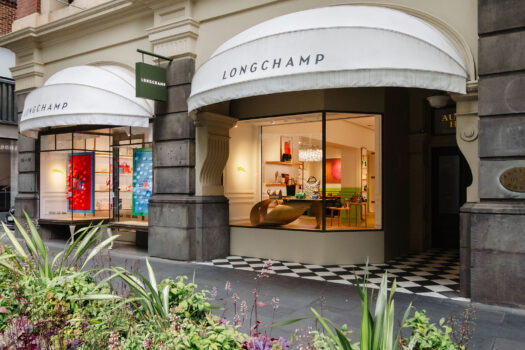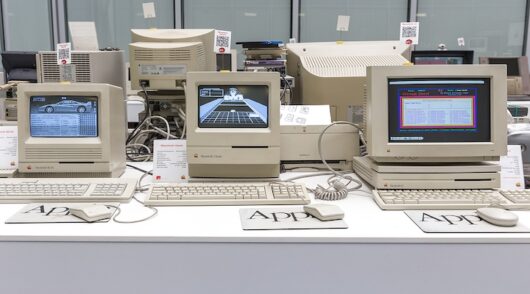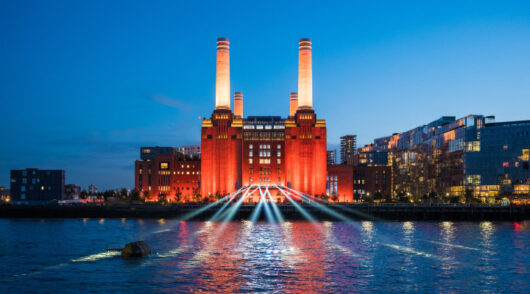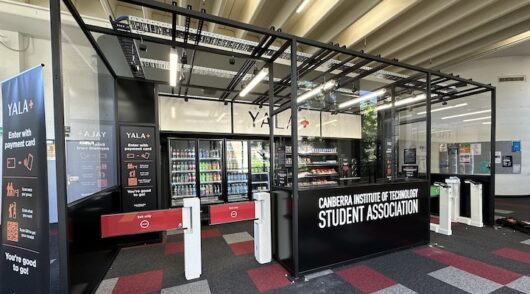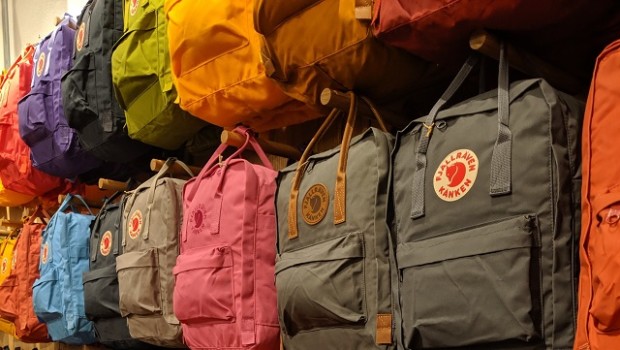
The Morrison Government on Sunday evening announced new measures to contain the spread of COVID-19. As of 12 p.m. on Monday, March 23, pubs, cinemas, casinos and other entertainment venues have been forced to close, and restaurants and cafes may only provide takeaway and home delivery services.
This is on top of the current ban on non-essential indoor gatherings of more than 100 people and 4sqm-per-person rule for shops other gathering places.
However, the situation is changing quickly. The NSW, Victorian and ACT Governments have announced a shutdown of all non-essential services over the next two days.
While there is still a lot of confusion over the status of these shutdowns, and which businesses they will affect, some businesses have already decided to close their doors for the safety of their customers and staff.
On Wednesday, March 18, Patagonia temporarily closed all eight of its bricks-and-mortar stores in Australia, and on Thursday, March 19, Swedish outdoor brand Fjallraven closed its two stores in Sydney and Melbourne.
“We decided the most responsible thing to do was to close,” Susan Park, Fjallraven’s brand manager in Australia and New Zealand, told Inside Retail on Friday.
“Our stores are in the middle of the city – our Sydney store is on York Street and our Melbourne store is in a shopping centre in the CBD – so our staff are coming a long way every day on trains and buses, working their way through crowds to make it to our store and coming into contact with hundreds of customers per day,” she said.
“We didn’t want them to feel anxious or worried about having to do that.”
The stores will remain closed until the end of March, and the team will reassess the situation over the next week. In the meantime, store staff, including casuals, will continue to receive their regular wages, and managers are exploring ways to keep the team spirit alive.
Head office staff at Zen Imports, the wholesale distributor that manages Fjallraven in Australia and New Zealand, have also been working from home for the past week.
Like Patagonia, Fjallraven is still selling online, and Park said warehouse staff are taking precautionary measures, such as practicing social distancing and using hand sanitiser. But even an increase in online sales will not make up for lost sales and sunk overhead costs of shutting bricks-and-mortar stores.
“Worst case scenario, our managing director will take that [loss] on as a business owner,” Park said.
“There’ll definitely be a cost and an impact. It’s not just us – so many brands are suffering right now.”
Despite this, Park said closing stores was the right thing to do.
“Social responsibility has always been a massive part of what we do. Normally, the focus is on sustainability, but now it’s also about looking after staff and our community,” she said.
The hardest part is the uncertainty about how long the global pandemic and the associated safety measures will last.
“We’re trying to be sensible and plan and be realistic about what the next few months might be like,” Park said.
But how long can a business survive when stores are shut and people aren’t spending? Park said Fjallraven was confident it could get through the current situation.
“There’s always bad news about retail all the time. It’s always on the verge of disappearing, but that’s not the case. We need retail. We need good retail. In situations like this, it’s a bit of a catalyst for brands and companies that are super sound in their operational set-up to shine through,” she said.

